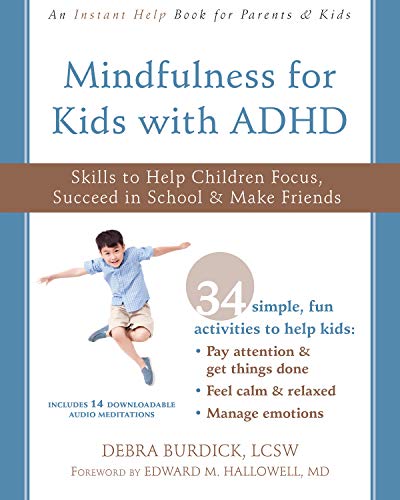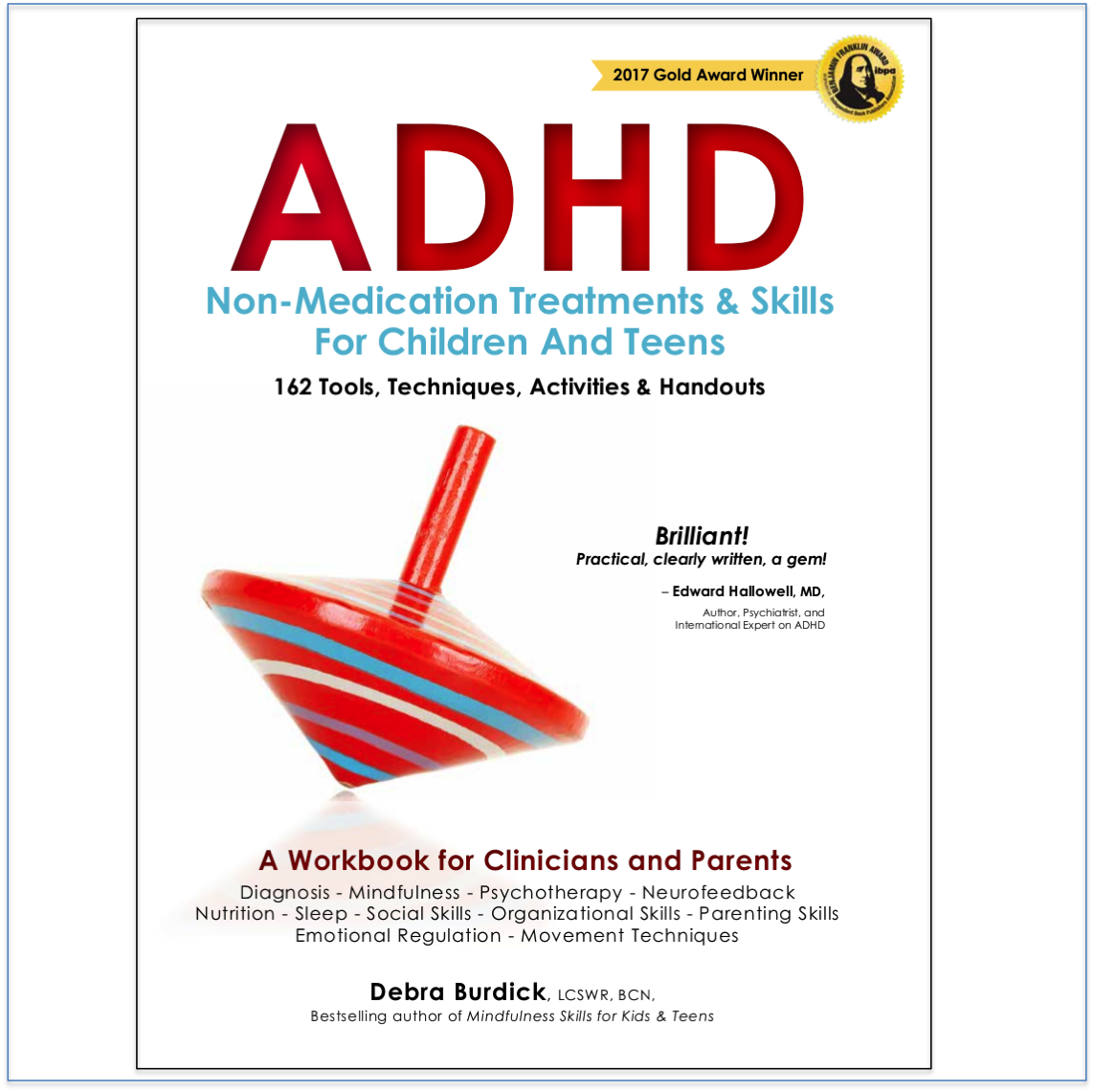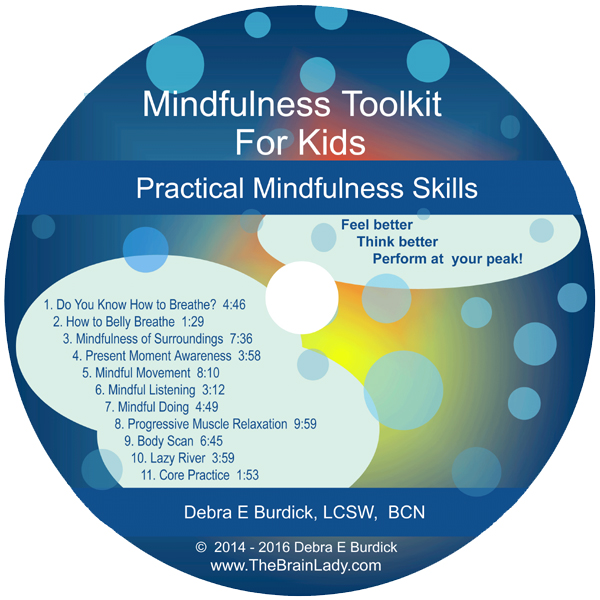Bipolar Treatments & Advice: Understanding Bipolar Disorder
Posted on May 10, 2013 by Debra Burdick
By now, a lot of us have met someone who suffers from Bipolar Disorder. However, most people are not familiar with how to create a successful relationship with a person who has Bipolar Disorder, and that can cause extreme frustration for both parties.
While there is adequate support for those who suffer with this disorder, there isn’t much info out there for his or her friends, families, and coworkers. This means many people with Bipolar Disorder feel as if nobody in life understands them.
Understanding Bipolar Symptoms
Mood swings do not always mean a person has Bipolar Disorder, and any number of stressful situations can cause a person’s emotions to go awry. Accusing someone of “being bipolar” when they’re not, or calling someone “bipolar” because you don’t like their attitude is very offensive, and many, many people do it. If you wish to discuss this disorder with someone, first ensure this is actually their ailment- or simply ask. You can usually tell because the disorder comes with “high highs” and “low lows”. These are not simple mood swings in one day. These cycles can last for weeks, or even months.
Highs of Mania – “High Highs”
These periods consist of persistently elevated, expansive or irritable mood. They may include inflated self-esteem, grandiosity, increased goal directed activity, fast speech, a decreased need for sleep, high motivation, optimistic ideas, life-changing decisions, and distractibility. During this time, a person may feel extremely content with whom he or she is and see the bright side of life; this may present as an uninterrupted state of happiness. Or they may experience intense irritability and uncontrollable rages. This can be very confusing for a loved one to watch.
Lows of Depression – “Low Lows”
These lows are rough for some; the depression sets in. They may have trouble sleeping or sleep too much. They may experience constant negative thinking, no energy, fatigue, loss of interest or pleasure in things they usually enjoy. A person may begin to wonder what the point of life is, and why one should go on. They may feel that life isn’t worth the dark times. This is the time to be careful of what you say and do, as saying something hurtful can spiral their mood downward.
Check back soon for Part 2 – Dealing with an Acquaintance, Family Member, or Co-worker with Bipolar Disorder
I would love to hear your personal experiences with this topic.
Categories: Anxiety, Articles, Bipolar Disorder, Depression, Manic Episodes, Mindfulness, Psychotherapy, Self Regulation
Tags: bipolar disorder, bipolar treatment, understanding bipolar















2 comments
I am bipolar, and it has torn my life up so many times
Yes, bipolar disorder has a way of disrupting life over and over again. Hopefully you have found a collection of things that help keep things stable. If you haven’t tried Neurofeedback you might check into it. You can find a provider at http://www.bcia.org. Look for a provider with BCN after their name.
Warmly,
Deb
The comments are closed.